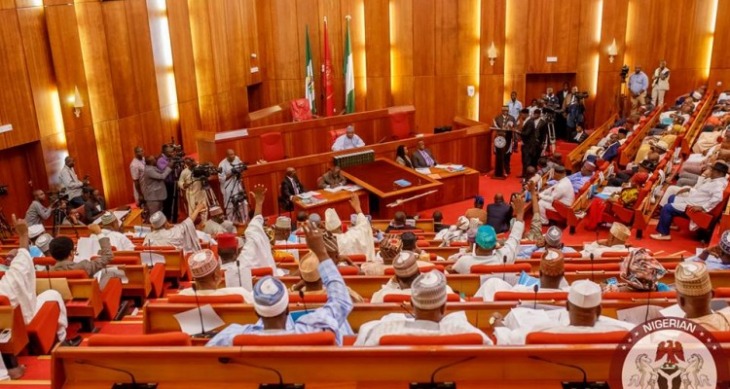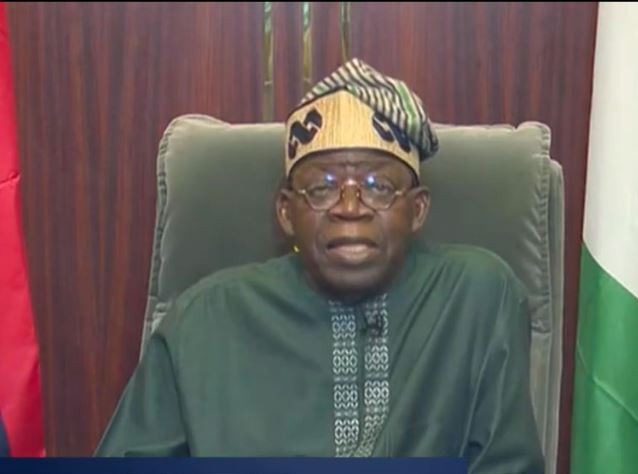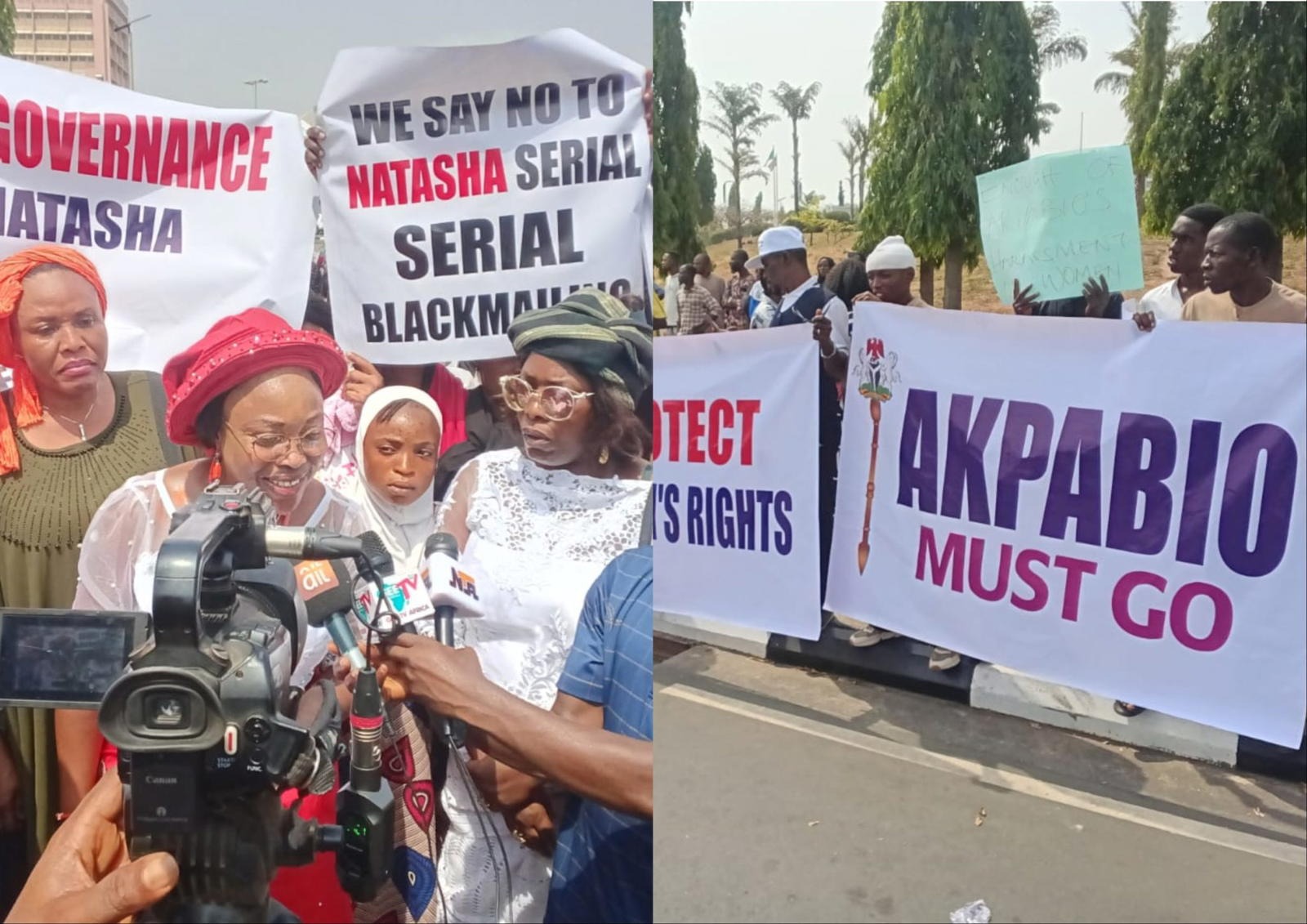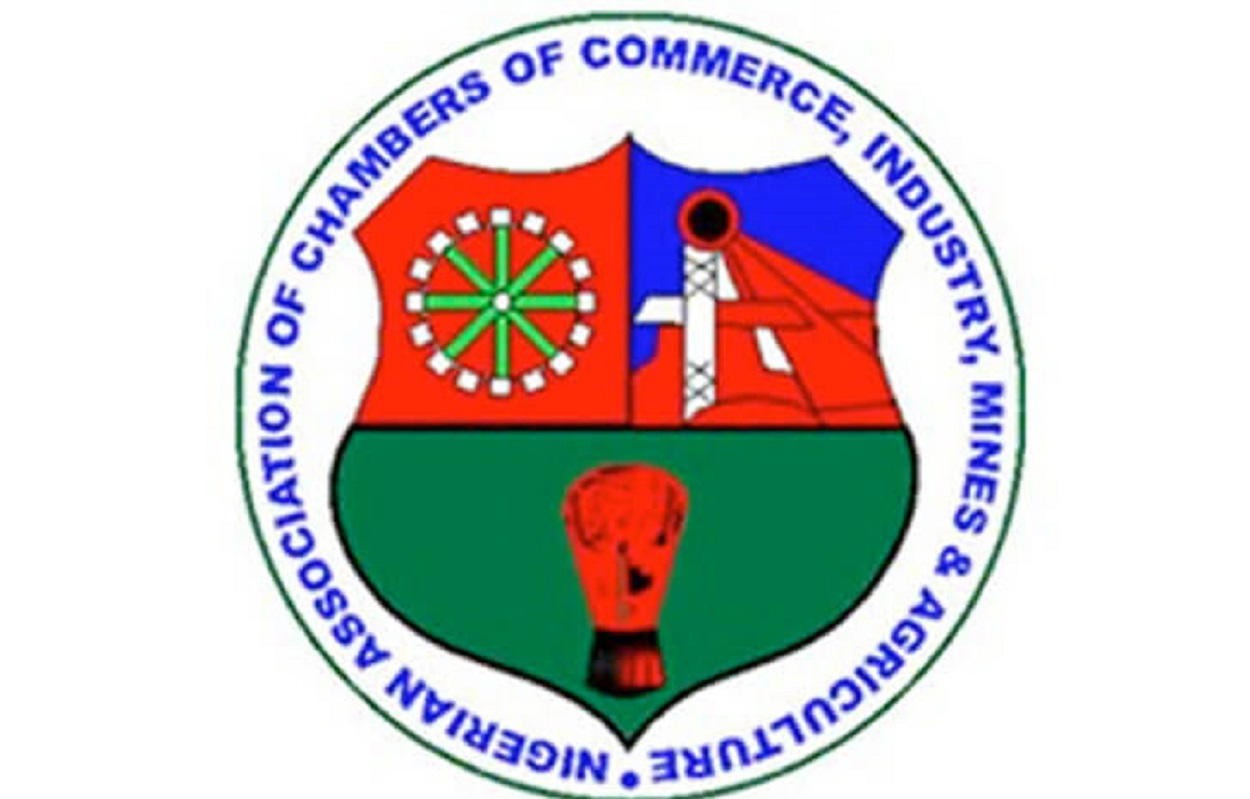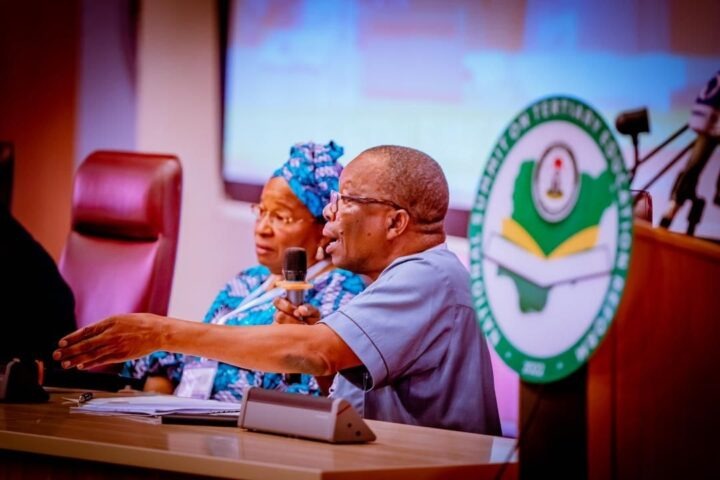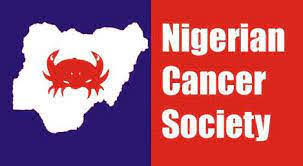Professor Pat Utomi has blasted the National Assembly for endorsing President Bola Tinubu’s declaration of State of Emergency in Rivers State, saying Nigeria does not have democracy anymore. The professor of political economy said the Senate and House of Representatives’ endorsement was an insult to Nigerians. Recall that President Tinubu recently declared a state of …

